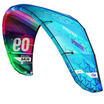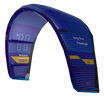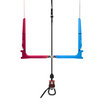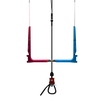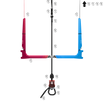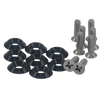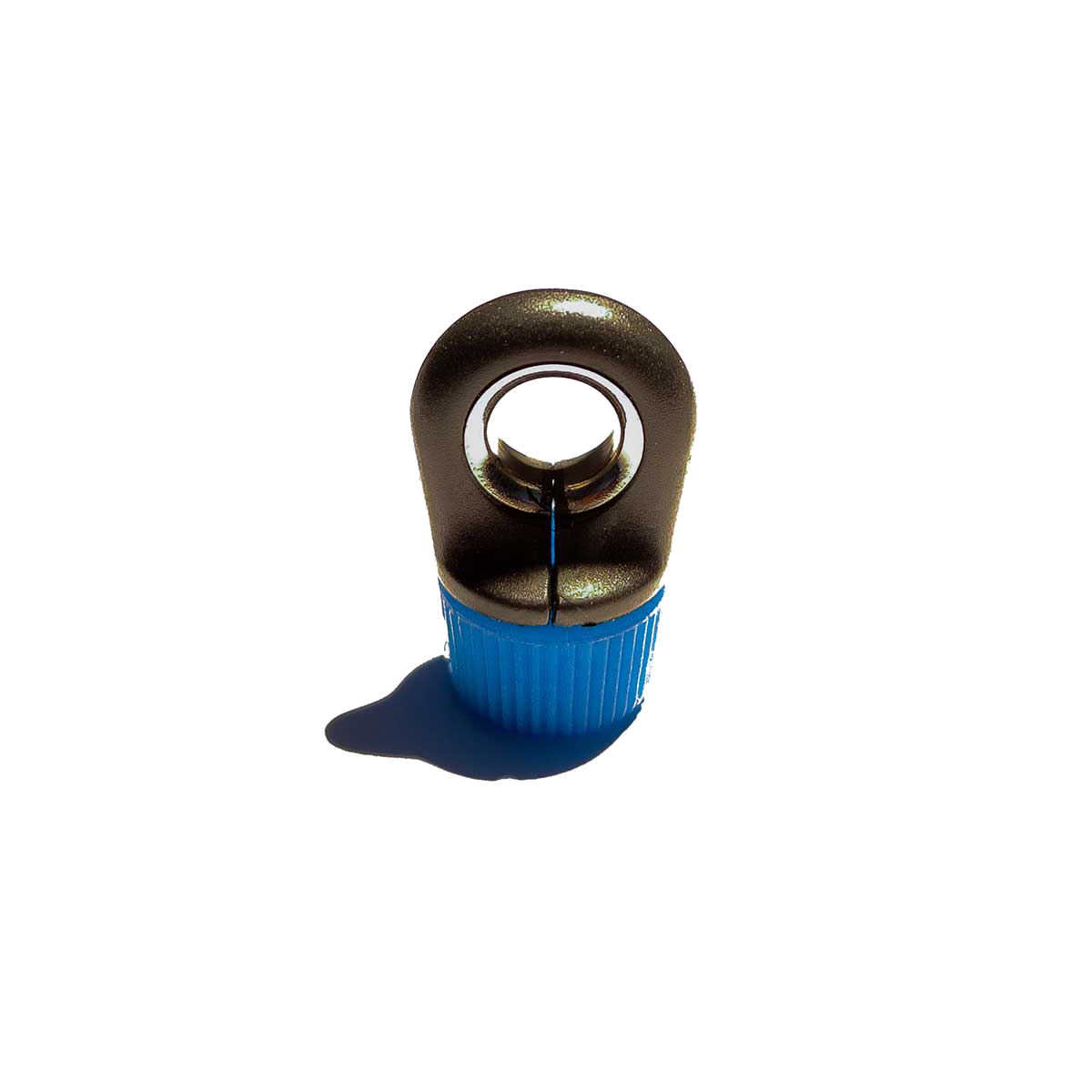
LINE SPLITTER
SPLIT-SECOND GAME CHANGER
Tax included. Shipping calculated at checkout

Swap between low- and high-V bar set-up in no time.
Line splitter
The Harlem line splitter is specifically designed to be mounted anywhere on a thin line without the need to feed the entire line through it so it makes swapping between a high- and low-V split of the power lines a breeze.
Makes it possible to convert any low-V bar to one with a higher line split. Can be screwed anywhere on the line.
To prevent wear it is best to mount it at the location of a splice or other reinforced section, otherwise make sure to move it a few centimeters up or down after every 10/20 sessions. 2cm is more than enough.
(The Ideal hight for the Harlem products is between 5.5m and 6m of the Frontline splitter)
If you have a power line with a stopper, to prevent the bar from shooting all the way up to the kite, make sure the stopper can pass through the line splitter. If the stopper is too big make sure to mount the line splitter above it at the kite side or remove the stopper to make sure the line splitter doesn’t impede the flagging function of your bar.
Can also be used to lower the friction of the back lines after multiple rotations by mounting the splitter just above the point where the back lines cross. This way the front lines get pinched together by the line splitter instead of the back lines.


